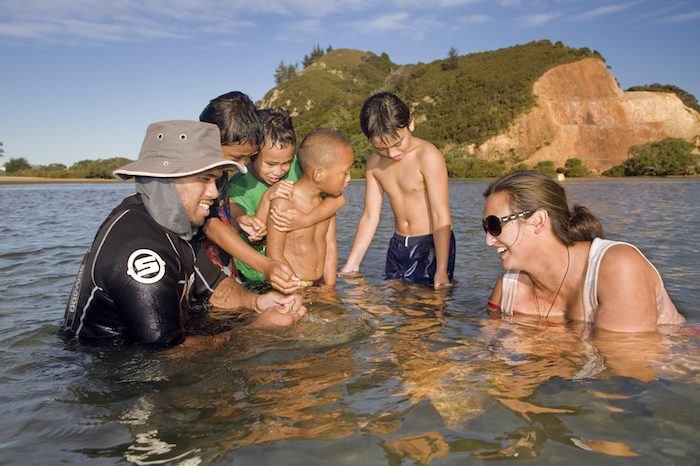$1.5 million funding for research into the impact of chronic disease on New Zealand families
9 February 2021
The lifelong impact of chronic diseases on New Zealand families is at the centre of a new research programme funded by the three health and wellbeing National Science Challenges – A Better Start, Healthier Lives and Ageing Well.

The Lifecourse impact of chronic health conditions: a family and whānau perspective project, led by Dr Barry Milne, University of Auckland, will receive $1.5 million over two years to help understand the wider benefits of chronic disease prevention, and determine what can help some New Zealand communities thrive despite people living with chronic disease.
“We plan to focus on improving the lives of people with chronic conditions, and to understand the impact of these chronic conditions on the lives and life-courses of their whānau – their children, their partners and carers, their elders, and their wider households,” Dr Milne says.
“The Lifecourse project includes community and iwi-led development of novel kaupapa Māori research methods to investigate the life-course and inter-generational elements of hauora Māori.”
Pacific communities will also be a strong focus of the Lifecourse project.
“We welcome this challenge for Pacific engagement and active participation in a family-focused life-course approach to achieve better health and wellbeing outcomes now and into the future,” says Pacific health researcher Dr Ofa Dewes, who is a co-principal investigator on the project.
“For Pacific, the research will be consistent with our world views – community-oriented, culturally-centred, holistic, and expansive.”
Specifically, the Lifecourse project will:
- investigate the impact of chronic disease on the wider whānau at different life stages – childhood and youth through to adulthood, as well as the later years of life;
- undertake an in-depth qualitative study of Tokelauan families to assess the family, household and community strengths that allow people in these communities to thrive despite the challenges of living in families with chronic disease;
- develop a framework for assessing the power of a kaupapa Māori early life and whānau programme, Te Kura Mai i Tawhiti, to transform Māori outcomes throughout the different life stages;
- develop a whakapapa-centred framework for undertaking intergenerational wellbeing research with hapū/iwi.
Full media release 10 February 2021 [PDF]
Related links
Media coverage
- Maori focus for Lifecourse disease research Waatea News, 11 February 2021


